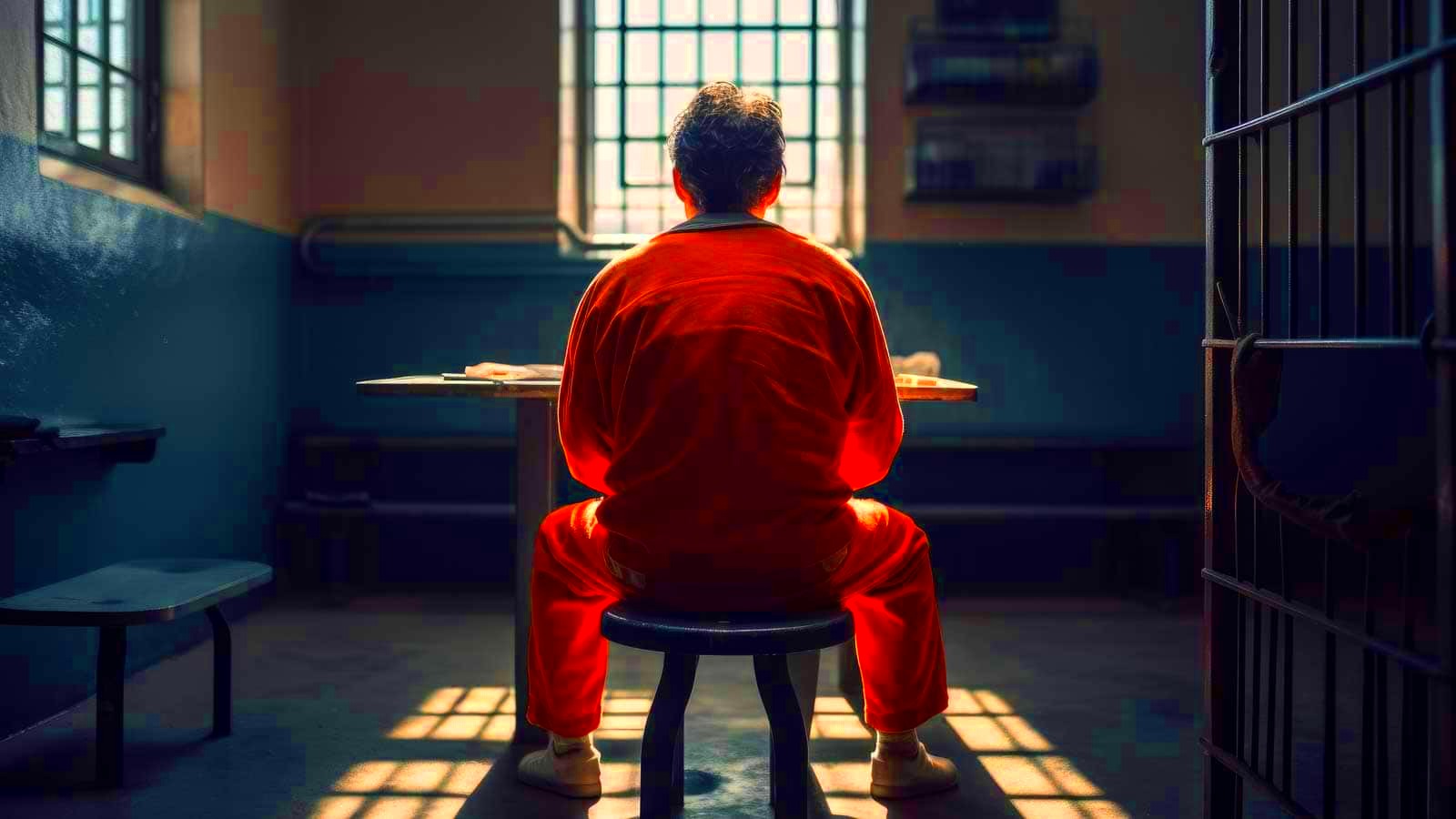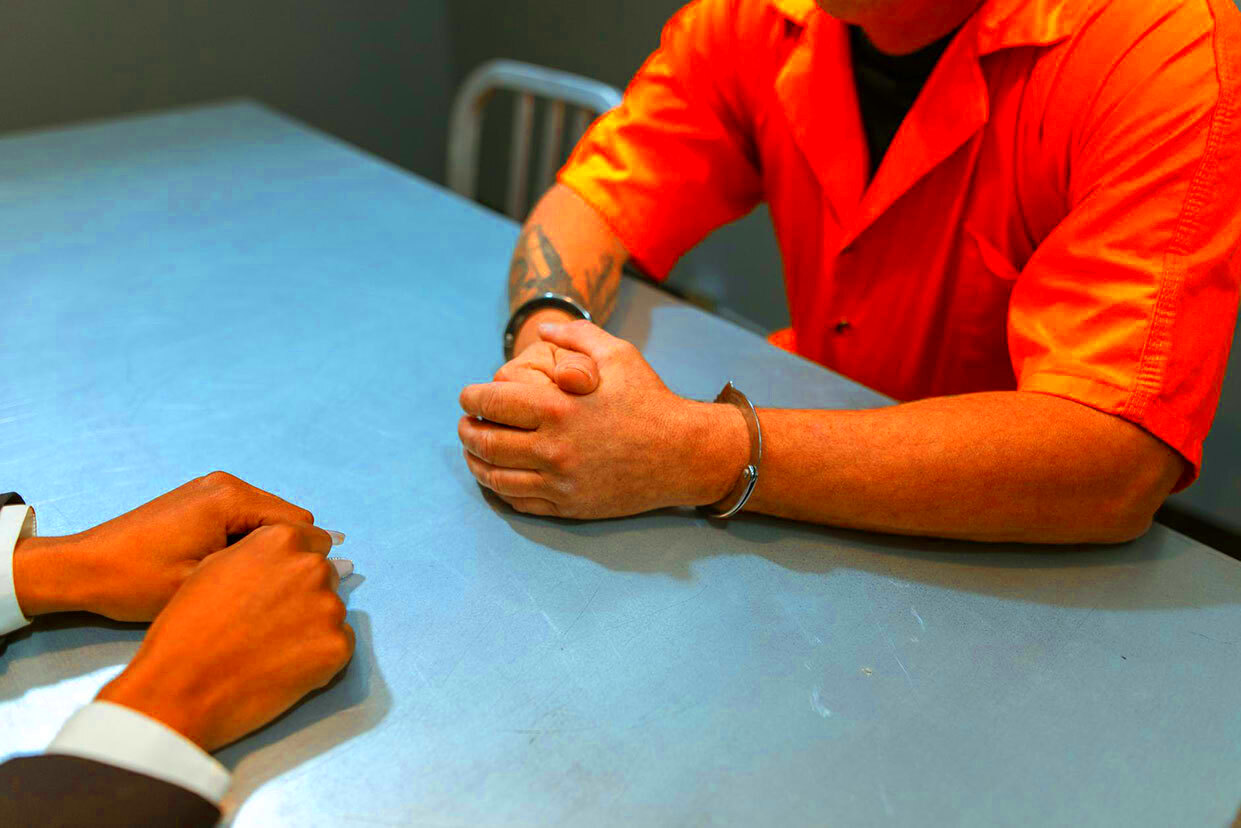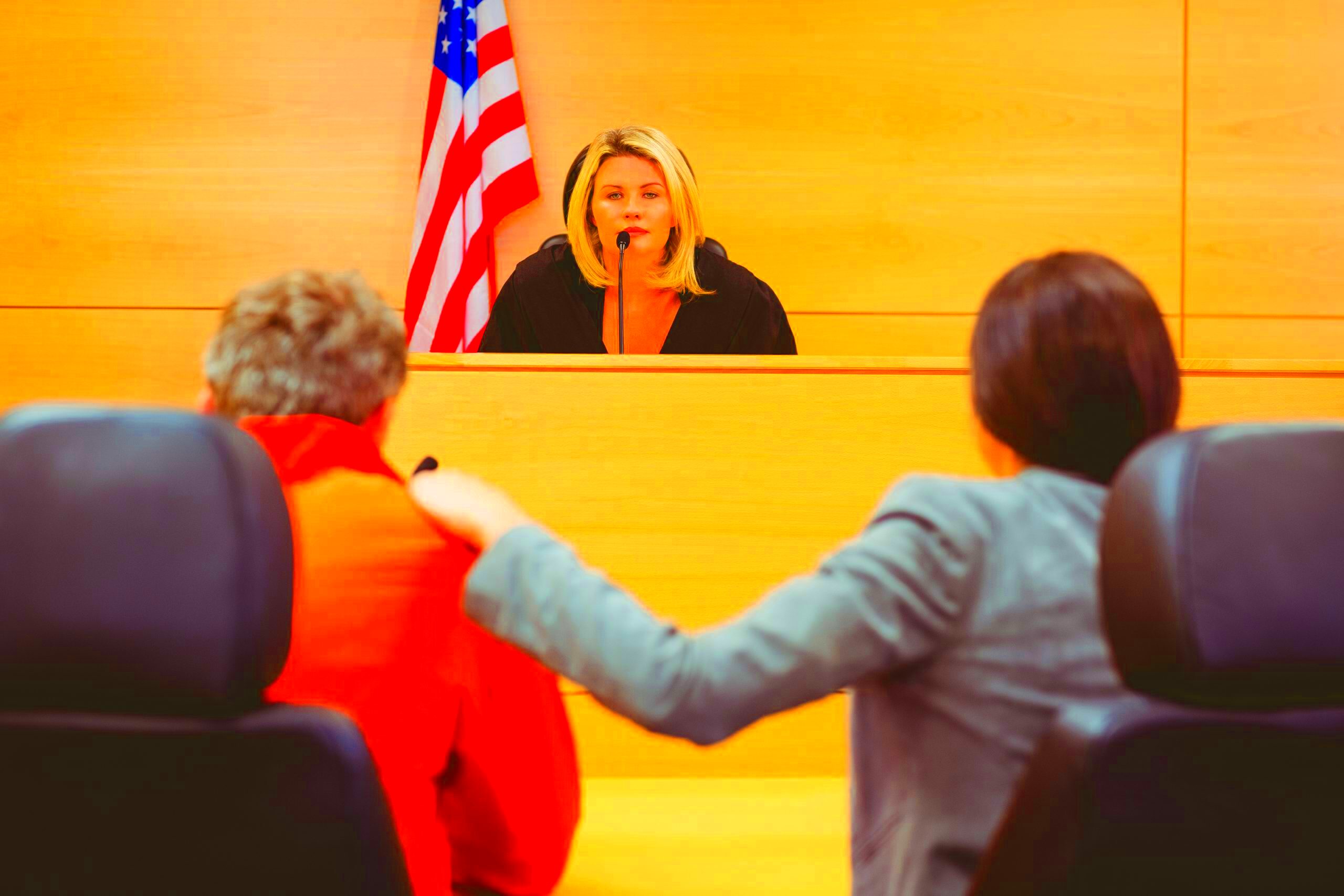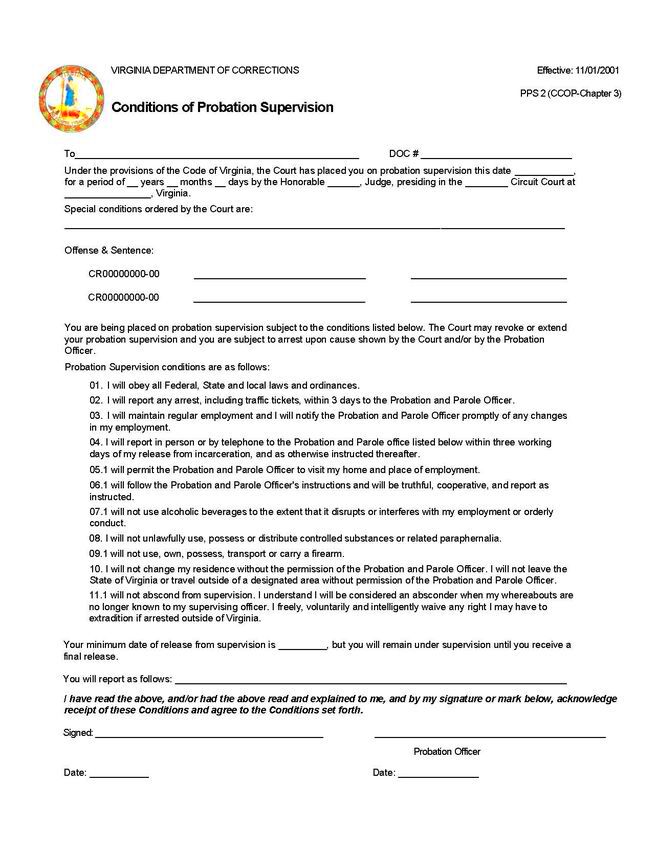A Guide to New Probation Violation Laws in Virginia
Probation is viewed as an opportunity for individuals who have erred to turn their lives around. However dealing with the complexities of probation violation laws can be challenging. In Virginia the regulations are stringent and having a clear understanding of them can aid in avoiding legal issues.
When someone breaks probation it’s not merely a matter of rule breaking; it also involves consequences that can have a profound effect on their future. Virginia’s probation laws aim to uphold responsibility while providing a framework for rehabilitation. To steer clear of the challenges posed by violations it’s essential to understand the intricacies of these laws and their application in various scenarios.
What Constitutes a Probation Violation

Probation violations can vary from small rule breaking to significant breaches of court imposed conditions. Here are some typical ways in which probation can be violated.
- Failure to Report: Missing scheduled meetings with a probation officer.
- Committing a New Crime: Engaging in illegal activities during the probation period.
- Substance Abuse: Failing drug tests or being involved in drug-related activities.
- Failure to Pay Fines or Restitution: Not making the required payments as ordered by the court.
- Not Following Court Orders: Ignoring specific instructions, such as attending counseling or educational programs.
Engaging in any of these behaviors can result in outcomes such as longer probation periods or incarceration. It’s crucial to be aware of the expectations during probation and follow them diligently to steer clear of these traps.
Recent Changes to Virginia’s Probation Violation Laws

The legal scene in Virginia is constantly changing and recent updates to probation violation laws show a move towards more thoughtful and corrective approaches. Here are the key changes.
- Increased Emphasis on Rehabilitation: New laws focus more on rehabilitative measures rather than just punitive actions. This means there’s a greater emphasis on support services and treatment programs.
- Enhanced Legal Protections: Recent updates provide clearer legal protections for individuals on probation, ensuring that their rights are better safeguarded during proceedings.
- More Defined Violation Categories: The law now better categorizes violations, which helps in applying more appropriate responses based on the severity of the breach.
- Alternative Sentencing Options: Judges now have more flexibility in choosing alternative sentencing options, such as community service or electronic monitoring, instead of immediate incarceration.
The goal of these adjustments is to strike a balance between being held responsible and treating people fairly creating a setting that is more nurturing for those striving to rebuild their lives. Being aware of these changes can greatly impact how probation terms are managed and upheld.
Potential Consequences of Violating Probation

Breaking probation can hit hard, both in terms of emotions and legal repercussions. The weight of these consequences makes me reflect on the impact that every legal decision has on peoples lives. Virginia has a system but it’s important to be aware of the potential outcomes if probation conditions are not fulfilled.
Lets explore the possible consequences of this situation.
- Extension of Probation: One common consequence is an extension of the probation period. Instead of completing your probation early, you might find yourself under supervision for a longer time.
- Additional Fines: The court may impose extra fines or restitution, which can be financially burdensome and stressful.
- Increased Supervision: Violations can lead to more frequent meetings with a probation officer and additional conditions to follow.
- Revocation of Probation: In severe cases, probation might be revoked altogether, resulting in incarceration. This is perhaps the most daunting consequence and highlights the importance of adhering to probation terms.
These results highlight how crucial it is to grasp and fulfill probation obligations. While it may be a tough road ahead being aware of the possible repercussions can serve as a motivator to stay on track and potentially steer clear of additional legal problems.
How to Address a Probation Violation Charge
Dealing with a probation violation accusation can be quite daunting but approaching it with a well thought out plan is essential. I recall a friend who found themselves in a predicament like this and it was evident that taking steps to address the matter was key to maneuvering through the legal process smoothly.
Here’s a helpful resource on dealing with a probation violation accusation:
- Seek Legal Counsel: The first step is to consult with a lawyer who specializes in probation violations. A skilled attorney can offer guidance on the best course of action and represent you effectively in court.
- Review the Terms: Understand exactly which terms of your probation were violated. This will help in preparing a defense and addressing the specific issues at hand.
- Gather Evidence: Collect any evidence or documentation that supports your case. This could include proof of compliance with other probation terms or mitigating circumstances.
- Prepare a Defense: Work with your lawyer to build a defense strategy. This might involve showing that the violation was a misunderstanding or that you have made efforts to comply.
- Attend the Hearing: Show up at your hearing prepared and on time. Demonstrating seriousness and responsibility can positively impact the outcome.
Dealing with a probation violation allegation calls for careful strategy and a proactive mindset. With adequate assistance and readiness it is feasible to handle this tough circumstance successfully.
Steps to Take if You Face a Probation Violation
When facing a probation violation it’s crucial to respond quickly and thoughtfully. Based on my own experiences and watching others in similar predicaments I’ve come to realize that prompt and careful actions can greatly impact the result.
Here are the steps you should take:
- Assess the Situation: Identify the nature and extent of the violation. Understanding the specifics helps in addressing the issue accurately and efficiently.
- Contact Your Probation Officer: Communicate with your probation officer about the violation. Sometimes, addressing the issue directly with them can lead to a resolution or at least show your willingness to correct the mistake.
- Document Everything: Keep a detailed record of all communications and actions related to the violation. This documentation can be crucial in court and for demonstrating your efforts to rectify the situation.
- Seek Support: Look for support services such as counseling or rehabilitation programs that might help in addressing the underlying issues that led to the violation.
- Follow Legal Advice: Adhere to the guidance provided by your attorney. Their expertise is invaluable in navigating the legal aspects and achieving a favorable outcome.
- Stay Compliant: Make sure to comply with all remaining probation terms to avoid further violations. Consistent adherence can positively impact your case and show the court your commitment to following the rules.
Dealing with a probation violation can be overwhelming. However by following these steps you can navigate the situation more efficiently and strive for a favorable outcome.
Legal Options for Probation Violations
Dealing with a probation violation can make it seem like you’re up against an uphill battle. I recall a time when a friend of mine went through a similar ordeal and his experience navigating the complexities of the system really opened my eyes to the choices that are out there. Being aware of your rights can greatly influence the result of your case and offer a way forward towards a resolution.
Here are a few legal avenues you may want to explore.
- Negotiate with Your Probation Officer: Sometimes, an open and honest conversation with your probation officer can lead to a more favorable outcome. They might be willing to offer a chance to correct the violation without severe consequences.
- Request a Modification: If the violation was due to circumstances beyond your control, you can request a modification of your probation terms. For instance, if a job change made it difficult to meet certain conditions, you might ask for adjustments to accommodate your new situation.
- File a Motion for Reconsideration: With the help of your lawyer, you can file a motion for reconsideration. This legal request asks the court to review the case and potentially change the terms of probation or the consequences of the violation.
- Participate in Rehabilitation Programs: Enrolling in rehabilitation or support programs shows the court that you are taking steps to address the issues that led to the violation. This proactive approach can sometimes lead to more lenient outcomes.
- Appeal the Decision: If you believe that the court’s decision was unfair or that there were errors in the legal process, you might have the option to appeal the decision. This is a more complex route and requires strong legal support.
Looking into these legal choices might help you see a way ahead more clearly and could lessen the effects of the probation breach on your life.
Preventing Future Probation Violations
Staying out of trouble with probation is not just about steering clear of issues. Its about positioning yourself for a brighter future and bringing about positive transformations in your life. I have witnessed how taking measures can make a difference. Here are some actionable tips to keep you on the right path:
- Understand Your Probation Terms: Make sure you fully understand the terms and conditions of your probation. This includes knowing deadlines, required meetings, and any specific actions you need to take.
- Maintain Regular Communication: Keep in touch with your probation officer and update them on your progress. This open line of communication can prevent misunderstandings and show that you’re committed to fulfilling your probation terms.
- Set Personal Goals: Establish clear, achievable goals for yourself that align with your probation requirements. This can include finding stable employment, completing educational programs, or attending counseling sessions.
- Seek Support Systems: Surround yourself with supportive friends, family, or mentors who encourage positive behavior and can help you stay accountable. Their support can make a significant difference in maintaining compliance.
- Stay Organized: Keep a detailed record of your probation activities, including appointments, completed tasks, and any correspondence with your probation officer. Being organized can help you stay on top of your responsibilities and avoid missing important deadlines.
- Address Issues Promptly: If you encounter any difficulties or foresee potential issues with meeting probation requirements, address them as soon as possible. Proactively seeking solutions can prevent minor problems from escalating into violations.
By following these actions you can strive to successfully complete your probation period and establish a solid groundwork for a promising future ahead.
FAQ about Virginia’s Probation Violation Laws
Grasping the intricacies of probation violation laws can be challenging and countless individuals seek clarity on how these regulations pertain to their unique circumstances. Drawing from inquiries and real life encounters here are a few commonly asked questions that could shed light on the matter.
- What is considered a probation violation? A probation violation occurs when someone fails to meet the terms set by the court, which can include missing appointments, committing new crimes, or failing to adhere to specific conditions like drug testing.
- Can a probation violation result in jail time? Yes, depending on the severity of the violation and the individual’s history, a probation violation can lead to incarceration. The court may decide to revoke probation and impose the original sentence.
- What should I do if I believe I’ve been wrongly accused of a probation violation? If you believe you’ve been wrongly accused, it’s crucial to gather evidence and consult with a lawyer. Your lawyer can help you challenge the accusation and present your case in court.
- Are there ways to mitigate the consequences of a probation violation? Yes, participating in rehabilitation programs, demonstrating a commitment to compliance, and showing evidence of positive changes can sometimes lead to reduced consequences or more lenient outcomes.
- How can I avoid probation violations in the future? To avoid future violations, thoroughly understand your probation terms, maintain open communication with your probation officer, set personal goals, seek support, stay organized, and address issues promptly.
The aim of these responses is to shed light on the laws regarding probation violations in Virginia and assist you in navigating any legal difficulties that may arise.
Conclusion
Navigating the intricacies of probation laws can be a overwhelming journey. However having a solid grasp of Virginia’s probation violation laws can greatly impact the outcome. Whether it’s understanding the potential repercussions of a violation exploring options or implementing preventive strategies every action you take can steer you towards a more favorable result. Drawing from experiences and the stories of others who have encountered similar obstacles it becomes evident that proactive involvement and effective communication with legal professionals and support systems are essential. By staying well informed and dedicated you can not manage your current probation obligations but also lay the groundwork for an easier transition, into a new beginning. Keep in mind that while the probation process can be challenging taking steps can bring about positive changes and a brighter future.


